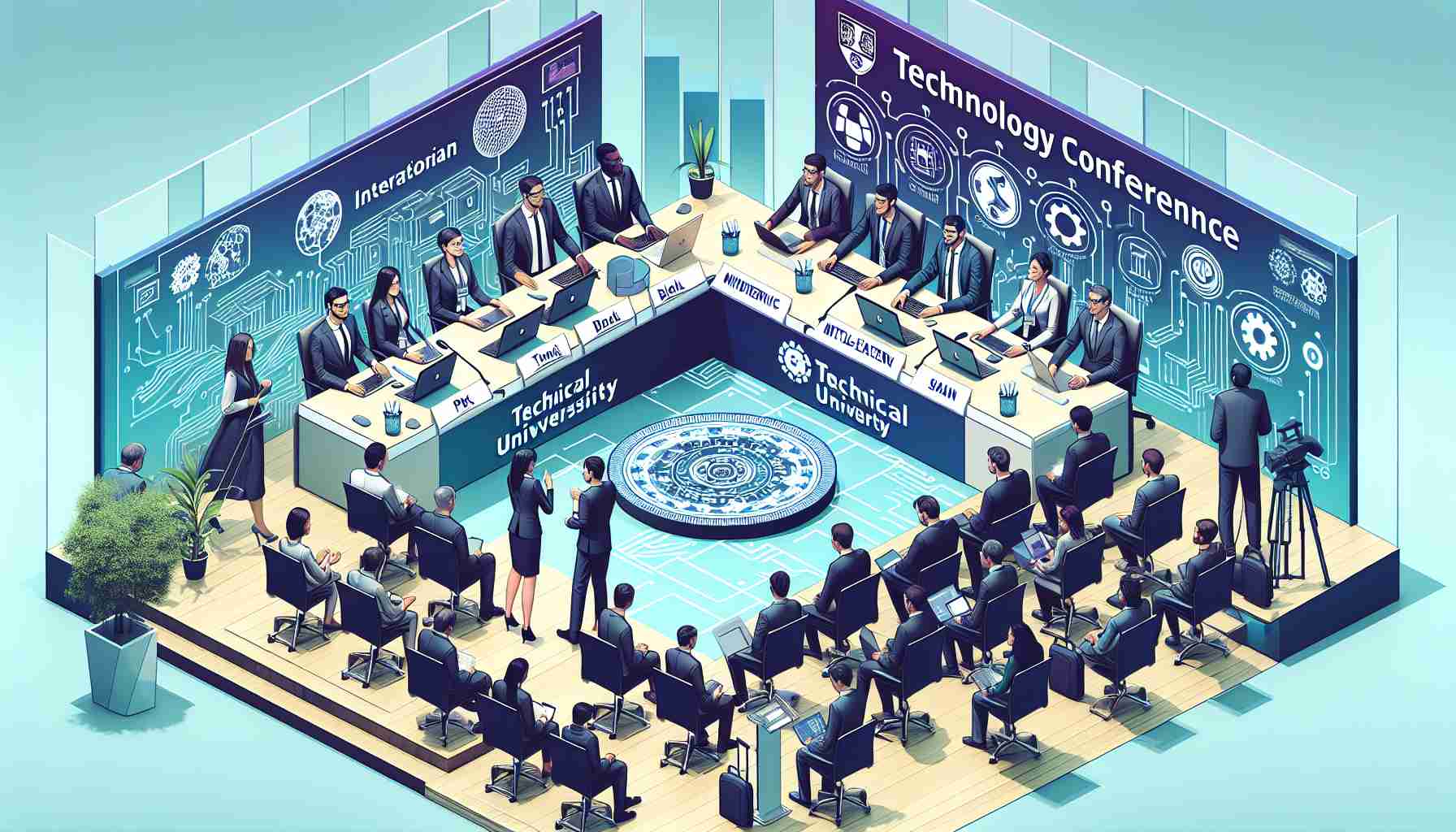Plovdiv’s Technical University branch recently became the hub for the 13th International TechSis Scientific Conference, drawing a crowd of 150 prominent scholars including the noted Professor Karamjit Gill of the University of Brighton. Professor Gill, passionate about artificial intelligence and journalism, shared his expertise in human-centered engineering technology while also overseeing a journal focused on AI and society.
In his keynote speech, Professor Gill traced the evolution of artificial intelligence from the program Eliza to the sophisticated ChatGPT, reminiscing the emergence of the term. He warned about the potential ethical pitfalls in mistaking the processing capabilities of machines for human-like reasoning.
Addressing the profound dilemmas of AI, Professor Gill highlighted the existential questions that arise from the development of technologies capable of composing poetry and creating art, like ChatGPT. He underscored the social and legal challenges these advances pose and the importance of their ethical deployment.
Furthermore, Gill examined how perceptions of AI differ globally, noting that while developing nations see it as a step forward, developed countries focus more on cultural, ethical, and social implications.
Assistant Penko Mitev, of the Technical University Plovdiv branch, who joined academia after years in the family machinery business, was the conference’s youngest speaker. His report tackled the “education” of robots, specifically the creation of a system enabling industrial robots to recognize parts for assembly, demonstrating a significant leap towards automated precision in manufacturing.
Advantages and Challenges of AI:
Advantages of advancements in artificial intelligence include increased efficiency and the possibility of handling complex tasks with precision, which can lead to innovation across various fields like manufacturing, healthcare, and the creative industries. AI can also take on mundane tasks, freeing humans for more creative and interpersonal work.
However, key challenges and controversies associated with AI include ethical concerns, such as the potential for job displacement, privacy issues, bias in decision-making processes, and a lack of transparency in how AI algorithms make decisions. There is also a philosophical debate about the nature of consciousness and the moral status of AI entities.
Global Perceptions:
The differing global perceptions of AI reflect a divide in priorities and concerns. Developing nations may prioritize economic and technological development, seeing AI as a means to leapfrog to advanced industrial capabilities. In contrast, developed nations might focus more on the societal impact, governance, and ethical implications due to their existing technological infrastructure and socio-economic environment.
Relevance to Education and Manufacturing:
Assistant Penko Mitev’s presentation on the “education” of robots is particularly relevant as it addresses the intersection between AI and vocational training. The development of systems that allow robots to recognize parts for assembly demonstrates a trend toward a more integrated relationship between human workers and AI systems in manufacturing.
For additional information and to keep up with the latest developments in technology and AI, the following links to main domains may be of interest:
– Institute of Electrical and Electronics Engineers (IEEE)
– Association for Computing Machinery (ACM)
– Association for the Advancement of Artificial Intelligence (AAAI)
These organizations often provide resources and updates on AI research, ethical standards, and industry applications. Please ensure to independently verify the URL’s validity before using them.
The source of the article is from the blog rugbynews.at

